It has been three weeks since Hockey Canada announced longtime junior hockey executive Alan Millar as the first-ever general manager of its Program of Excellence.
And after leading the Regina Pats (where he was general manager the last two seasons) through the CHL Import Draft, it has been 12 days since he officially started on the job.
The role is a new one and makes Millar the general manager, top voice and roster-builder for Hockey Canada’s U20 World Junior team and U18 Hlinka Gretzky Cup and world championship teams. In the role, he will also oversee Canada’s under-17 program.
In the past, management groups of junior hockey executives were put together to run each of those teams individually (almost always while they also worked with their club teams). But coming off back-to-back quarterfinal exits at the World Juniors, Hockey Canada, under longtime senior vice president of hockey operations Scott Salmond, sought to hire a full-time decision-maker for the “entire program.”
They chose Millar, who’d been a part of management groups for seven gold medals (two at the World Juniors, two at U18 worlds, and three Hlinkas) and one silver (at U18 worlds), and was an executive with Moose Jaw, Sarnia and Guelph before Regina.
On Monday afternoon, The Athletic spoke with Millar for more than 20 minutes about the new role, his vision for it, some changes he hopes to make to the process, his first staff choices for the 2026 World Junior team and the upcoming World Junior Summer Showcase.
Here is our conversation, edited lightly for clarity and concision.
Scott Wheeler: I’ve got a lot I want to get into, but let’s start at the beginning: How did this new role come about?
Alan Millar: Well, it just started with conversations with Scott Salmond, (with) them going through a process in terms of a little bit of a restructuring around men’s national teams and specifically around the Program of Excellence. They created this new position as general manager of the POE, and it was something that, as I went through the process, I was really excited about. It’s obviously difficult to be at Hockey Canada (Millar worked with them for three years between jobs as GM in Moose Jaw and then Regina) and then go to Regina and be there for two years and then come back but it was just a real good fit for me personally and professionally, and for my family. And just the excitement around managing the World Junior team, it just all came together.
Wheeler: What does the job description entail? I know you’ve hired some people to help you oversee the individual teams, but how do you envision the role and the workload?
Millar: I’m responsible for all staff selection, particularly around the coaching staff. Player scouting. Evaluations. Player selection. Team-building. Everything that goes into putting those programs together, those national teams. I’ll work really closely with Scott Salmond on the big picture of the program. I’ll work very closely with (Hockey Canada’s senior manager of hockey operations) Benoit Roy on logistics and planning, and strategies in terms of camps and events. But really, the main part of my job will be the hockey part, the scouting part, and building teams and trying to win world championships.
Wheeler: The Hlinka follows shortly after, but your first event on the calendar will be the World Junior Summer Showcase in Minneapolis. What has the early process been? And after doing your own showcase for a time there, including when you were with the program previously, what drew you guys back to the Summer Showcase over the last two years?
Millar: I just think it’s the ability to be at a higher level in terms of the competitiveness around the Summer Showcase, where you’re playing international games. The decision was made to go back to Plymouth initially, and now with us going back to Minneapolis, I think it gives us a real good evaluation and a real good opportunity to get to know the players on and off the ice. I think it’ll be real important for Dale Hunter and our coaching staff. It gives us the ability to bring in a group of new players who weren’t on the team a year ago to get to know them better, and to bring in the returning players for a short period of time through the Red-White game and the game against Finland, and then send them on their way.
But I just think, first of all, it’s important to get together. It’s really important for the players, the coaches, the staff, for everybody to spend some time together as we get ready for December. And I believe that this is another level in terms of competition to have competitive games against Sweden, Finland and the Americans. I think it just really helps us not only in our preparations but also (in) our evaluations as we go through the process here between now and early December in terms of putting together the final roster.
Wheeler: At the high-brow level, what’s your vision for the way a Team Canada should be built at the U20 and U18 levels? How do you want your teams to play?
Millar: Everything starts with skill and talent. Through the process and getting them into the Summer Showcase, for me, it starts with the most talented players in the country.
We’re certainly going to have a value of hard skill over soft skill, that’s an important value for me. We want smart players, we want players that compete, and we want to play fast. So there’s a balance there between your skill level, there’s a balance there in terms of you need different types of players to win, but you’ve got to make sure that balance starts with as much talent as possible. Do you want big guys on the back end? Do you want length and reach? Do you want guys that play hard? Do you want different players in terms of matchups and those things? Again, there’s a balance there, but it all starts with skill and talent.
Wheeler: Beyond the obvious track record, why Dale (Hunter) as your bench boss for the World Juniors?
Millar: In going through the process with Scott Salmond in terms of putting this coaching staff together — and we’re in the final process of finalizing that staff and hope to have an announcement by the end of the week — every World Juniors is important but it’s at another level with the results of the last two years. That’s the reality of the situation.
So when we wanted to start putting the coaching staff together, it started with Dale for me and Sammy. When you look at his track record coming off of another Memorial Cup and an incredible three-year run with London, he’s had success in the program, he’s won at Hlinka and he won at the World Juniors in 2020, he’s got familiarity with the program, and then I think there’s just another part of this that works so well to include Mark Hunter in the management group with Scott Salmond and myself. The way Dale and Mark have worked together over the years, the program that they’ve built, there’s a comfortability there and a continuity there that I think is real valuable.
Mark is going to come on board, and we’ll work very collaboratively on the team build and the players’ selection with the coaching staff. And I just think at this important juncture where we’re at with the national junior team, that Dale and Mark were the guys that we had to go out and get.
Wheeler: Now that you’ve been in the role — albeit for a short amount of time — is there anywhere where you think, whether it’s with camps or the number of players invited, “I can put my fingerprint on this process there?” What kind of conversations are you guys having beyond picking the players and the coaching staff about the process?
Millar: We’re working through some process. I’m getting caught up on a lot of things and at the same time starting to put my own footprint. I think the big thing for us that I’m working on is looking at doing something in November where we would bring players together and not do a selection camp in December.
Wheeler: OK.
Millar: And whether we do something in November or not, part of what we’re looking at right now is with me being full-time here in a general manager’s role and now Byron Bonora as the head scout for the Program of Excellence, that that two- or three-day camp with two games against U Sports, I’m not sure that it’s required any longer with the process that we want to build here. So we’re looking to move on from that quick. It was just such a short selection camp, and I think it presented challenges in that you could make mistakes in such a short-term evaluation. Now we move forward with the process and the people and leadership that we have in place with the POE to pick the team and go in December. Take advantage of the time for more preparation. So that’s a key process that we’re looking at moving forward with right now. We feel under our new structure here that we move on from a three-day selection camp.
Wheeler: If you’re talking late November, is that asking guys to come and join you from late November on, potentially, and is that a heavier ask of CHL clubs?
Millar: We’ve had discussions, and the CHL is supportive. But it’s something we’re working to be able to put together.
Wheeler: How important is the Summer Showcase then to get a look at the guys, especially guys who’ve been banged up, whether it’s a Roger McQueen or a Cayden Lindstrom? And how much weight do you place in summer hockey as you begin this process?
Millar: There’s a certain understanding that it is summer hockey. We do have some players that are being invited to the camp that have missed a considerable amount of time. We’re still working through the process in terms of availability with some of those players and where they are in terms of their injuries and recoveries. We’ll take everything into consideration in terms of we have some players coming into the camp that didn’t play a lot of hockey last year. So we understand that and we’ll take that all into consideration. It’ll be an important process in terms of the get-to-know, but at the same time, there will be an understanding of the timing. But it’ll set the tone for us in terms of what our scouting plans look like when the fall starts. That’ll be a real important part for Mark and I.
Wheeler: This tournament has always been talked about as a 19-year-old tournament, and Hockey Canada’s rosters have typically been reflective of that, with exceptions for the Bedards and the McKennas and every age group being different. Do you view it that way? Do you view it as a 19-year-old’s tournament? And how do you think about experience when it comes to putting kids on this massive stage?
Millar: That’s definitely a common phrase of “It’s a 19-year-old’s tournament,” and it is another level. We all know that. And when you get to a certain point in the tournament, it’s really hard. There’s not a lot of time and space. You gotta get inside. You need size. You need heaviness. You need different types of players to win. I reflect back to the gold medal game against Czechia in Halifax, and that was a big man’s game. That was a heavy, heavy game, and obviously it went all the way to overtime. So whether you’re 19, 18 or 17, there’s a way that we want to play. And experience does matter, but at the same time, I’m looking for the best players, the best people, so the age is a number — it doesn’t necessarily mean that the team has to be made up of only 19-year-olds for us to be successful. There is a balance there to consider the experience, but at the same time, regardless of your age, if you should be on the team, and most importantly, we believe you can help us win, regardless of age, you’ll be on the team.
(Photo: Chris Tanouye / IIHF Images)

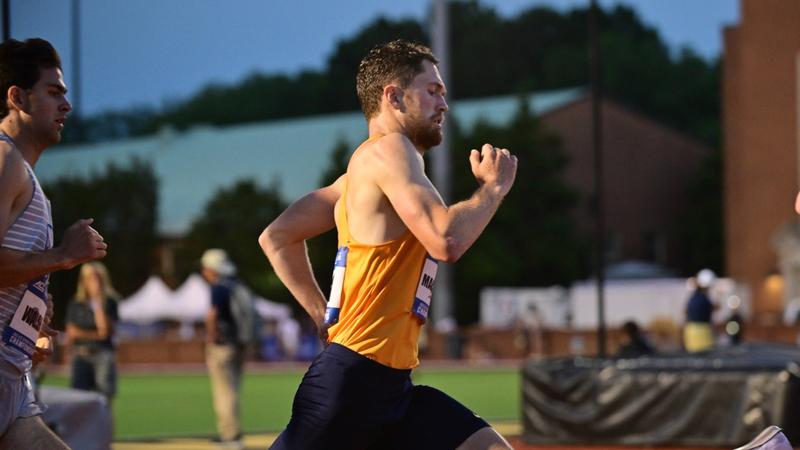




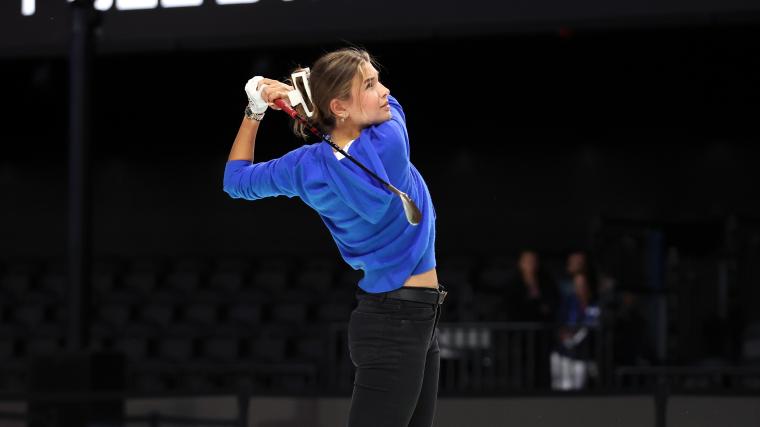


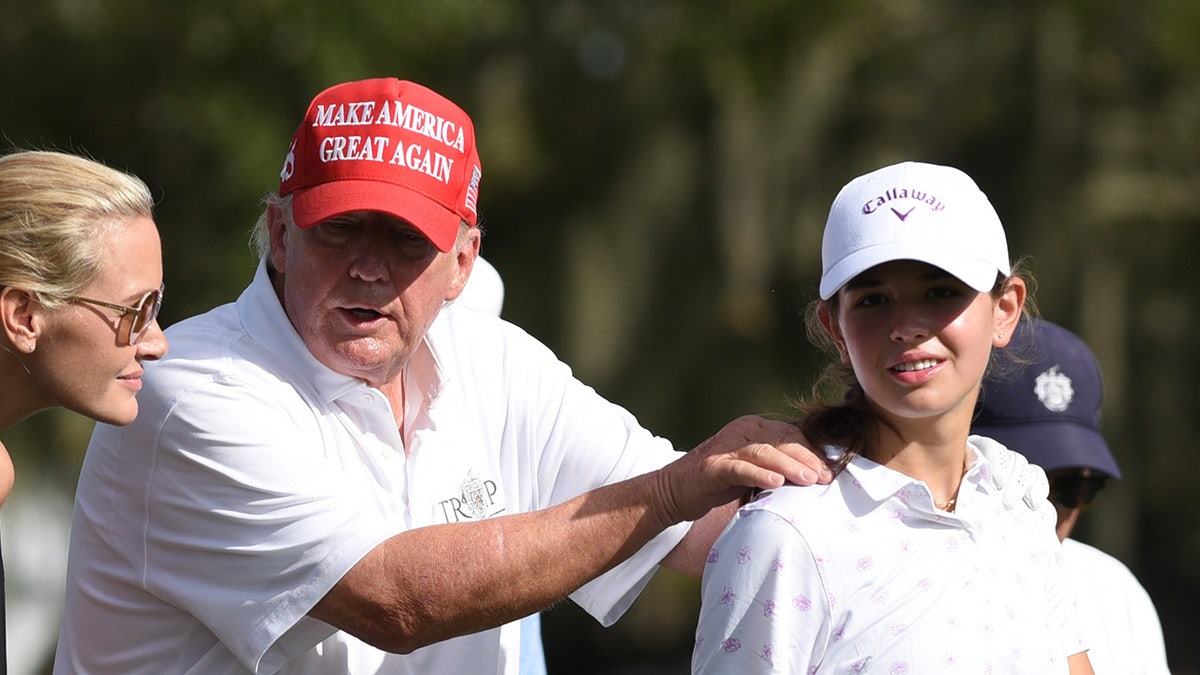

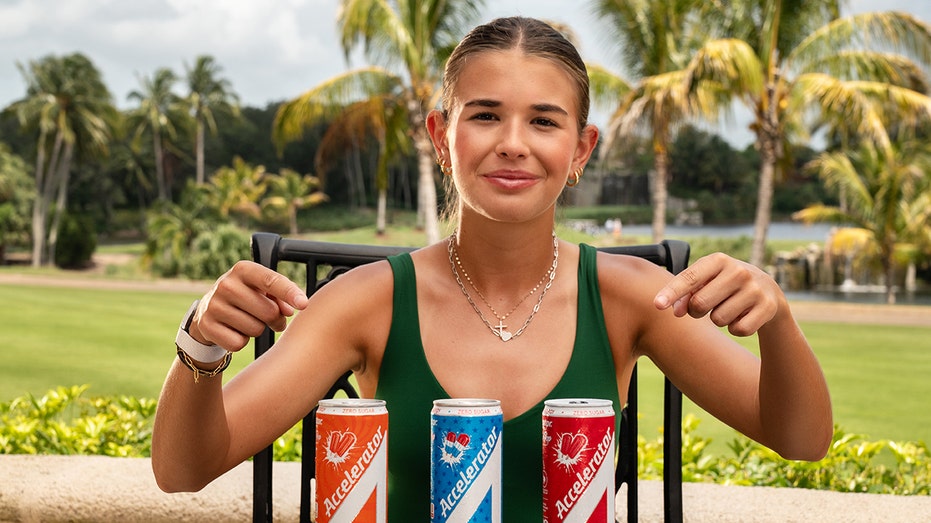
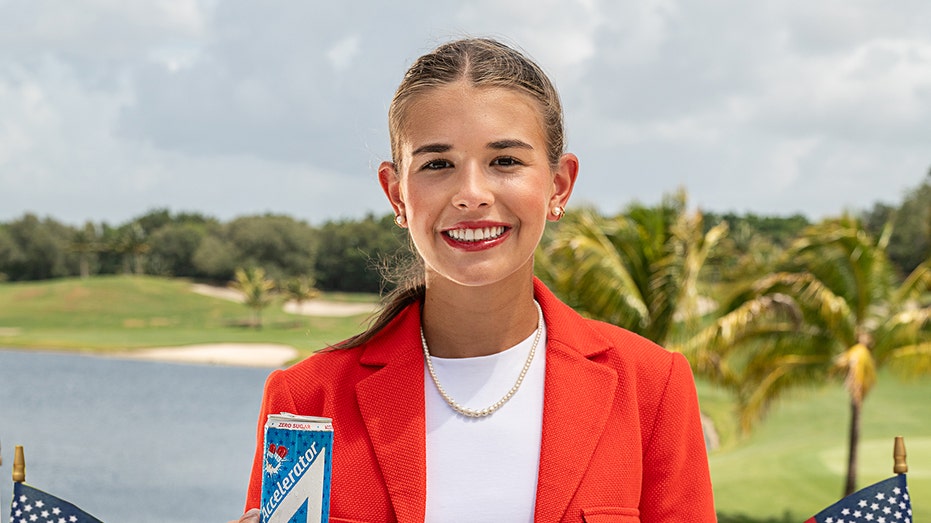
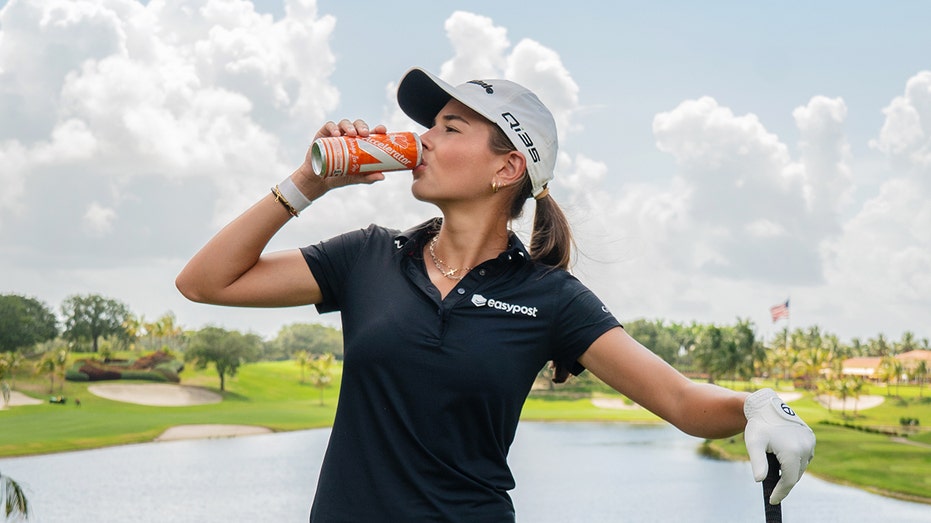





































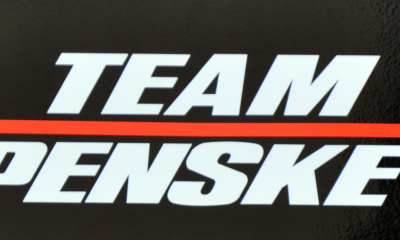






 BREAKING: NBA MVP Shai Gilgeous-Alexander signs the RICHEST annual salary in league history
BREAKING: NBA MVP Shai Gilgeous-Alexander signs the RICHEST annual salary in league history